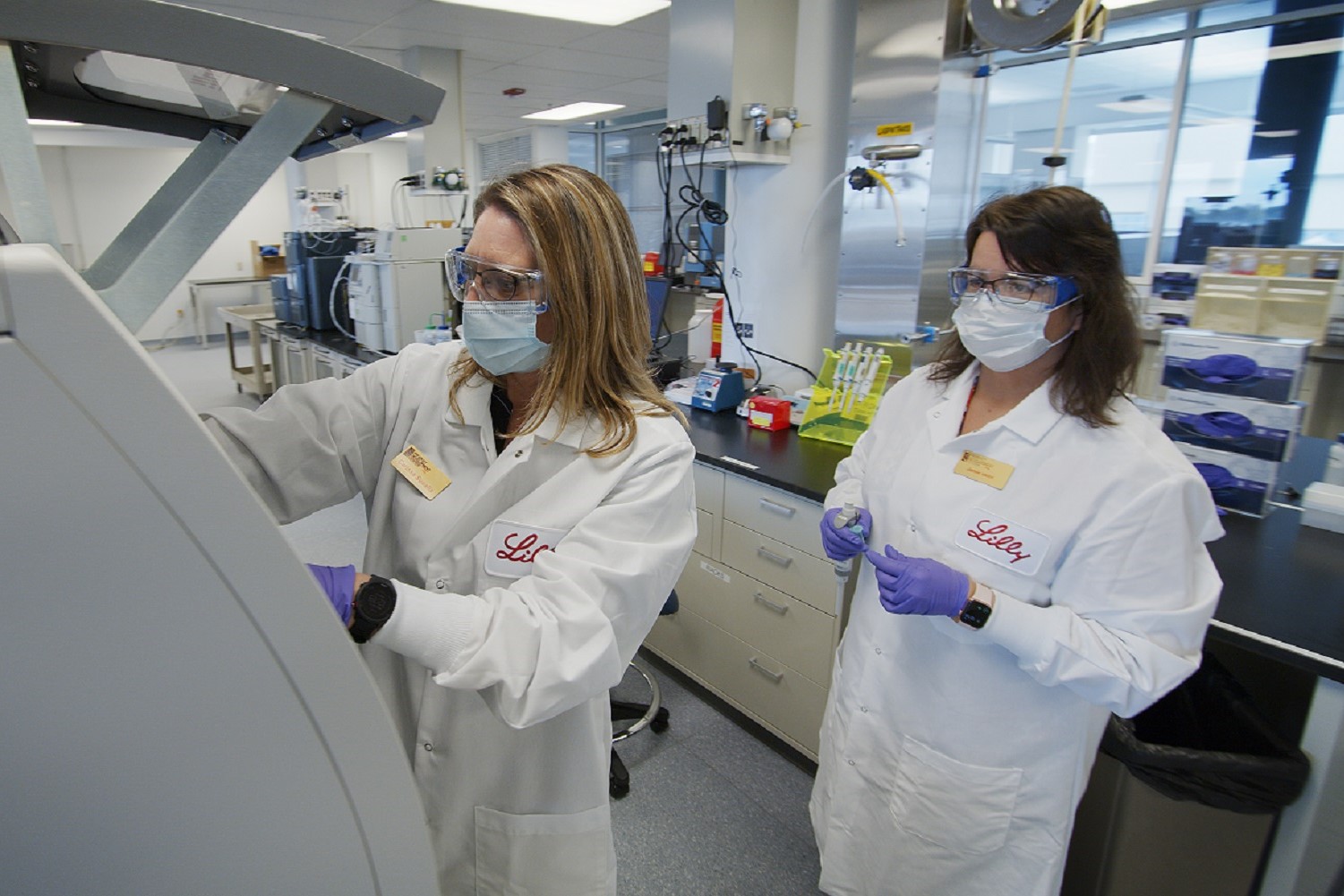The National Space Biomedical Research Institute in Houston said it’s provided funding to two promising early-stage technologies that take novel approaches to problems both on earth and in space.
First is a device with the potential to detect brain injuries by tracking someone’s eye movements. EyeBox, being developed by Oculogica, contains algorithms that pick up on weaknesses in the nerves that move the eye, which are sensitive to pressure changes in the brain. Exposure to the space environment can cause unusually high pressure in the brain that can lead to visual impairments, NSBRI said.
Unlike other approaches to detecting concussion that use helmet sensors or imaging techniques, eye tracking measures how well the brain is functioning physiologically. The quick, noninvasive test was developed by Dr. Uzma Samadani, a New York neurosurgeon.

With the Rise of AI, What IP Disputes in Healthcare Are Likely to Emerge?
Munck Wilson Mandala Partner Greg Howison shared his perspective on some of the legal ramifications around AI, IP, connected devices and the data they generate, in response to emailed questions.
The second company getting funding from the space institute is Pear Therapeutics in Boston, which combines prescription medicines with software apps that work in concert. It’s currently working on treatments for brain-related disorders including pain, sleep disturbances, depression and anxiety.
Undisclosed amounts of funding were granted to the companies through the Space Medical Related Technologies Commercialization Program, which aims to accelerate development of products meeting a need in space and on Earth.












